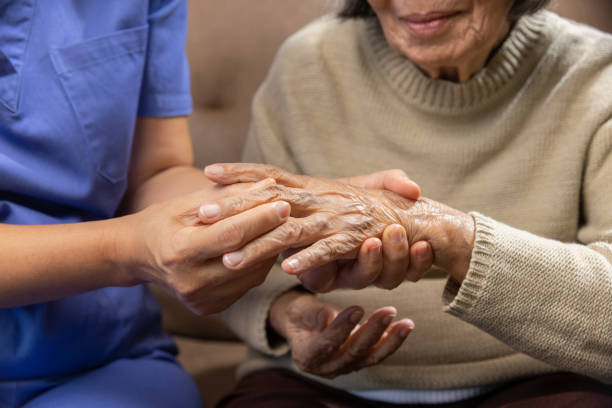By Evans Matthews
Rheumatoid arthritis (RA) is a chronic autoimmune disease that primarily targets the joints, leading to pain, swelling, stiffness, and potential long-term disability. Globally, RA affects about 1% of the population, but women are up to three times more likely to develop it than men. The disease can occur at any age but is most common between the ages of 30 and 60.
“RA is not just a disease of old age,” says Dr. Karen Jacobs, a rheumatologist at the University of Michigan. “Many women begin to experience symptoms during their prime working and childbearing years, making early diagnosis and management crucial.”
Why Women Are at Higher Risk
Researchers believe the higher prevalence of RA in women may be linked to hormonal differences, immune system variations, and genetic factors. In Nigeria and across Africa, cultural, economic, and healthcare access challenges can make the situation more complex, often leading to late diagnosis.
Dr. Ifeoma Okonkwo, a rheumatologist at Lagos University Teaching Hospital, explains:
“Oestrogen and other female hormones may play a role in how the immune system responds to triggers. When these hormonal levels fluctuate, as during pregnancy, menopause, or after childbirth, RA risk or symptoms can increase.”
Key Risk Factors
1. Genetic Predisposition
Family history is a significant risk factor. People with certain genetic markers, such as the HLA-DR4 gene, have a higher chance of developing RA. However, genes alone are not enough; environmental factors often act as triggers.
2. Hormonal Changes
Periods of hormonal fluctuation — such as postpartum, menopause, or even after discontinuing hormonal contraceptives — have been linked to increased RA onset or flare-ups in women.
3. Smoking
Smoking is one of the strongest modifiable risk factors. Globally, studies show that women who smoke are more likely to develop RA, and in Nigeria, the rising trend of tobacco use among young women poses a concern.
4. Obesity
Excess body weight increases inflammation in the body and can worsen joint stress. Nigerian women, particularly in urban areas, face higher obesity rates due to sedentary lifestyles and dietary habits.
5. Environmental Exposures
Exposure to certain chemicals, silica dust, and even chronic air pollution may contribute to RA risk. Urban pollution in cities like Lagos, combined with domestic exposure to smoke from firewood or kerosene cooking, could play a role.
6. Infections
Some viral or bacterial infections may trigger abnormal immune responses in genetically predisposed individuals. While no single pathogen has been identified as the sole cause, the link is still under investigation.
The Nigerian Perspective
In Nigeria, RA awareness is still low, and many women attribute early symptoms to “normal body pain” or postnatal discomfort. Delays in seeking medical attention can lead to severe joint deformities before diagnosis.
A 2023 study by the Nigerian Society for Rheumatology revealed that most RA patients present at advanced stages, often due to self-medication with herbal remedies or over-the-counter painkillers. This delay not only worsens outcomes but also limits treatment options.
“Early intervention is key,” says Dr. Okonkwo. “Women who experience prolonged joint pain and stiffness, especially in the morning, should see a rheumatologist as soon as possible.”
Reducing Your Risk
While RA cannot always be prevented, women can take proactive steps to lower their risk:
· Quit smoking and avoid second-hand smoke.
· Maintain a healthy weight through a balanced diet and regular exercise.
· Seek prompt medical attention for persistent joint pain or swelling.
· Manage stress and get adequate rest to support immune health.
· Stay informed and attend regular health check-ups.
Final Word
RA in women is influenced by a mix of genetic, hormonal, environmental, and lifestyle factors. With early detection and proper management, many women can lead active, fulfilling lives despite the diagnosis.
As Dr. Jacobs notes:
“RA is not the end of the road. With the right treatment and lifestyle changes, women can control the disease rather than letting it control them.”





